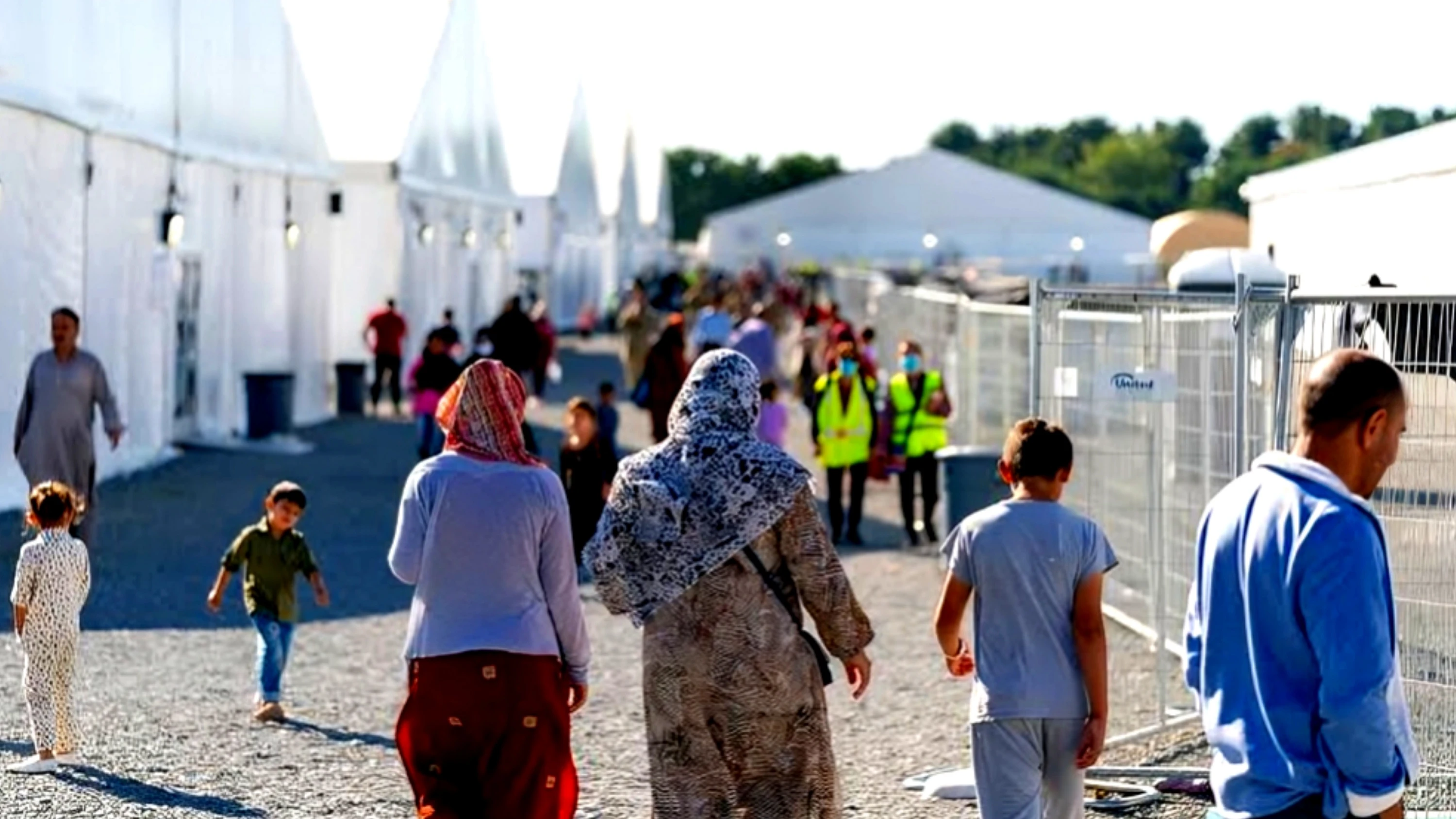Washington: The U.S. government has announced that it will terminate the Temporary Protected Status (TPS) program for Afghans, effective May 20, 2025.
This program, which has provided temporary refuge to Afghan nationals in the U.S. since the fall of Kabul in 2021, will officially come to an end, putting approximately 15,000 Afghan nationals at risk of deportation.
Although details regarding the termination remain scarce, concerns about the impact of this decision have been raised by Afghan rights activists in the U.S.
Afghan-Advocacy, a group of Afghan refugee rights activists in the U.S., has stated that the decision will primarily affect those currently residing under the TPS program. Shan Van Dyver, the group’s leader, released a video on social media, urging those affected by the decision to contact immigration consultants for guidance on their future legal options.
Van Dyver emphasized, "If you have pending asylum applications, a Special Immigrant Visa (SIV), an ongoing immigration court case, or a parole visa application, you should not be impacted."
The cancellation of the TPS program has sparked controversy, as many believe Afghanistan remains unstable. Despite the U.S. Department of Homeland Security's assessment that Afghanistan’s security has improved and its economy is becoming more stable, activists argue that these claims do not reflect the reality on the ground.
The U.S. government’s justification for ending the TPS program centers on national security concerns. According to Secretary of Homeland Security, Kirstjen Neumann, the program's termination follows investigations revealing that some Afghan nationals who benefited from TPS were involved in fraudulent activities, posing risks to public safety and national security.
The decision also comes at a time when many Afghan refugees are stranded in Doha and Islamabad, still waiting for their immigration cases to be processed. In the past three years, three major categories have facilitated the entry of Afghan nationals to the U.S.: the Special Immigrant Visa (SIV), Priority 1 (P1), and Priority 2 (P2). These pathways provide asylum for individuals who either worked with U.S. forces or were recognized by U.S. authorities or the UN as being in danger.
The SIV program specifically targets those who worked with U.S. forces in Afghanistan and Iraq, with a significant increase in the issuance of these visas after the Taliban’s return to power in 2021. However, activists and affected individuals argue that the current system remains slow and inadequate, with waiting times sometimes exceeding a year.
As of August 2021, over 200,000 Afghan nationals have been relocated to the U.S. under various visa programs, but many remain in legal limbo, uncertain of their future status.








